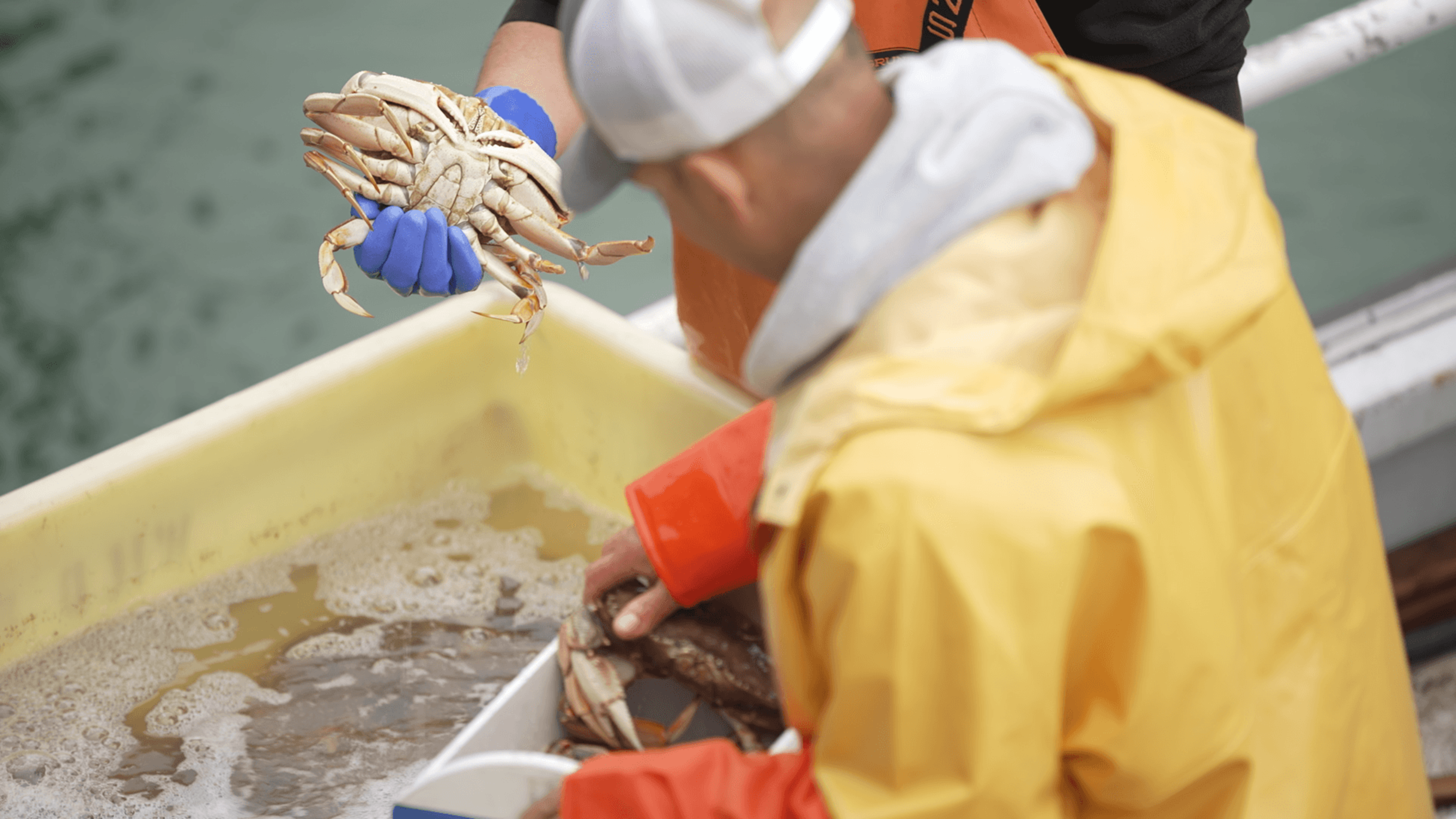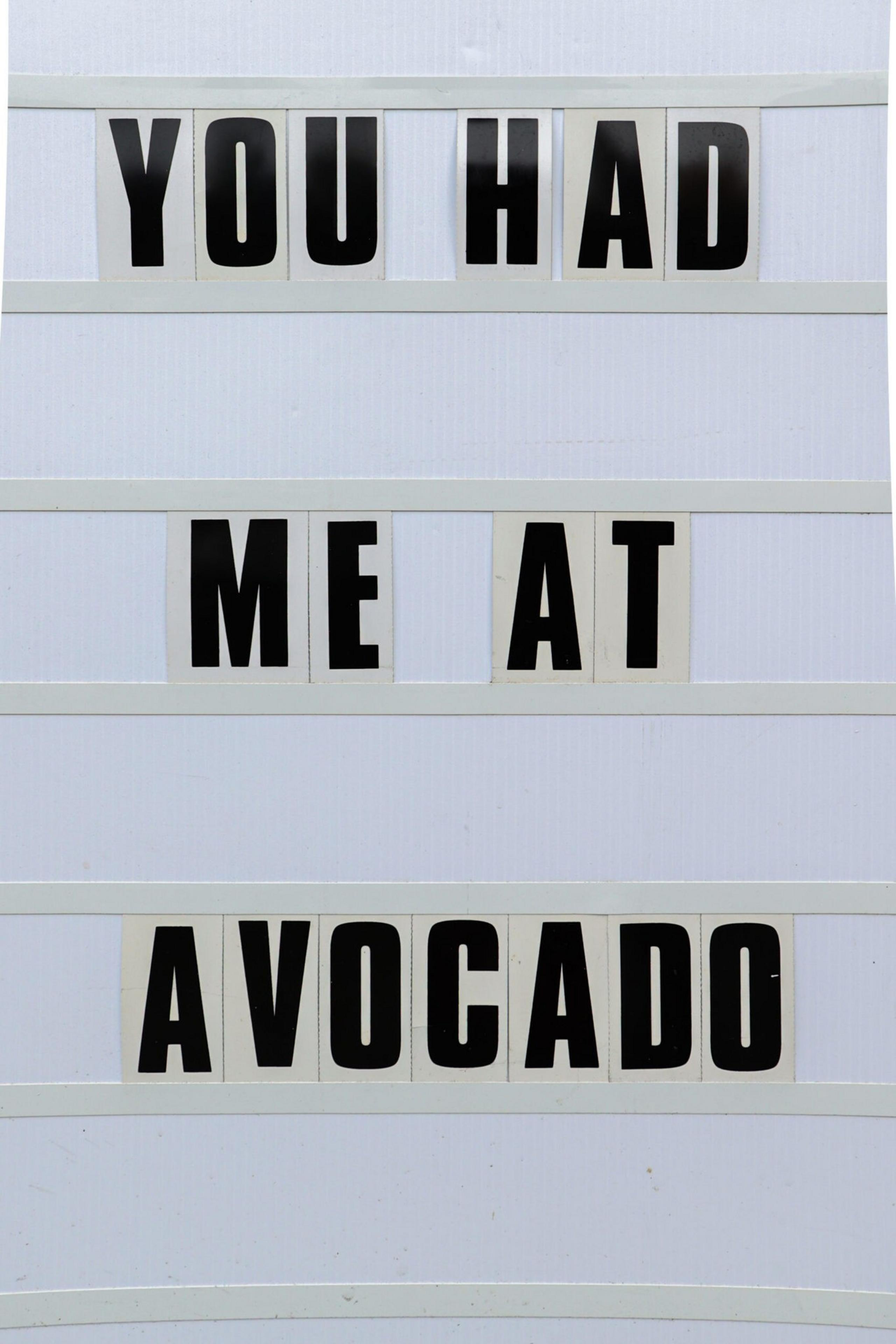San Francisco doesn’t have a reputation for being particularly affordable. And as any recent trip to the gas pump or grocery store illustrates, outside economic forces can propel an already expensive city’s prices even higher.
In December, the consumer price index, which measures prices across a range of household goods, recorded a 7% year-over-year increase. That level of inflation hasn’t been seen since the time Michael Jackson released his album “Thriller.” (opens in new tab)
Venoo Kakar, an economics professor at San Francisco State University, said a major factor in the inflation we’re seeing was the three waves of Covid stimulus checks issued during the pandemic, which bolstered consumer spending and ramped up demand for goods and services. Combine that with the pandemic’s impact on the supply chain, as well as a labor shortage, and you have your formula for rising prices.
The Standard took a look at five staples in many San Franciscans’ lives and talked to local business owners to see how they’re being impacted by the inflation surge.
Coffee

Few cities have as many coffeeshops per capita as San Francisco, and a search for “coffee shops” on Google Maps returns a sea of red dots covering nearly every inch of San Francisco’s 49 square miles.
Hrag Kalebjian, the third-generation co-owner of Henry’s House of Coffee in the Sunset neighborhood, said he saw the signs of impending inflation six months ago thanks to a previous job as a corporate finance analyst. He raised his prices across the board and upped the price of a cup of coffee from $2.75 to $3, increased the price of a bag of coffee from $16 to $17 and raised the minimum online order for free shipping from $35 to $40.
“All of this was done anticipating what’s happening right now,” Kalebjian said. “We didn’t skip a beat because our pricing, in general, is pretty good when compared to the hipster coffee of the world.”
Since then, coffee bean futures have continued to rise and are currently trading at 10-year highs. Even as he listed a litany of challenges, Kalebjian remained relatively sanguine, saying it’s part of the everyday drama of being a small business owner.
“The mentality of small business owners is that we’re all in this together, which is cool,” Kalebjian said. “It’s like family, we talk shit, we complain and we come up with ideas. We may be getting our ass kicked, but at least we’re not alone.”
Avocado Toast
Gallery of 3 photos
the slideshow
The pandemic has forced many of us to change our habits, but one thing that persists is San Franciscans’ love of avocado toast.
Last November, Sofia Pinzon found herself driving to a Costco in Hayward in a desperate attempt to find avocados. The owner of Avotoasty, an avocado toast bar in Cow Hollow, said the staggering increase in food prices—along with supply shortages—have left her and her staff scrambling to find new sources for key ingredients.
Avocado prices fluctuate wildly week to week. The price for a box of 50 avocados pre-pandemic rarely reached $30, Pinzon said. Now the average is $40, with prices regularly going north of $60.
“One thing I’ve noticed is that prices are now just like the stock market,” Pinzon said. “You kind of just check to see where they are in any given week.”
Pinzon and her employees often have to shop around and they’ve even been forced to buy products directly from the supermarket. So far, Pinzon has decided against removing any items from the menu or raising prices, but she expects it’s just a matter of time.
“We’re just cutting off our margin and keeping the same expectations, but the inflation just keeps happening everywhere with everything,” Pinzon said.
Dungeness Crab

Many San Franciscans don’t consider the holidays the holidays without a serving of Dungeness crab. But the crustaceans may cost a bit more to find their way to a dinner table near you.
The wholesale price for crabs at the start of the current season, which started in late December, was $5 a pound—a 66% increase from last season’s $3 starting price.
“That really should be what the price is going forward because of the increase in fuel costs,” said John Barnett, president of the San Francisco Crab Boat Owners Association. “I don’t ever see the price of crab going down to $3 for an opener again.”
Consumers were bringing crabs home for around $4.99 per pound back in 2014, but that’s now north of $11.95 per pound today. Those sticker prices reduce demand, and wholesalers have been loath to pay more for crabs amid the uncertainty in the restaurant industry, Barnett said. But it’s also about simple economics—the increase in fuel and even bait prices—have spiked. The price of a barrel of crude oil recently reached its highest level since 2014.
Chinese Food

Chinatown restaurants have been among the businesses hit hardest by the pandemic, with even historic locations straining to tread water.
Sam Wo, the legendary Chinese restaurant that opened in 1907 and once employed “San Francisco’s rudest waiter,” (opens in new tab) has been struggling under the weight of price increases for key ingredients like meat and produce.
“The answer is just to raise prices, there’s no other choice,” co-owner Steven Lee said. “Sam Wo was traditionally the divey place where everything was really cheap, but we still have to be competitive while paying all these city fees, labor costs and things like that.”
Lee said the restaurant—famous for its rice rolls—used to offer three tiers of pricing: cheap lunches mostly for seniors, normal prices for dinner service and more expensive dishes for customers coming in after midnight. Lee said the restaurant is now being forced to charge higher prices at all hours and the late-night service has been cut.
Longtime owner and head chef David Ho, who is in his 60s and cooks all the restaurant’s dishes in addition to ordering ingredients and even washing dishes, is also feeling the wear and tear.
“We’re still doing it. Mr. Ho is still hanging in there, but all the work has meant that he feels he wants to retire earlier, which would be another thing to overcome,” Lee said.
E-Bikes

It’s rare to cross a street in San Francisco without seeing somebody riding a bicycle but not pedaling.
Brett Thurber, co-owner of electric bike retailer The New Wheel, told The Standard that Covid actually hit the accelerator on his company’s growth. Over the course of the pandemic, The New Wheel has grown its business by 60% and soon plans to add an East Bay location to its outlets in Marin and San Francisco.
“Things went kind of nuts—and not always in a good way,” Thurber said.
Initially spooked by the pandemic, many of Thurber’s suppliers pared down their purchase orders before ramping up when they saw huge growth in demand for e-bikes. The even bigger challenge has been the competition to purchase key parts and components, like bike chains.
“It’s been a little of everything,” Thurber said. “There’s the supply chain issues in Asia, the lockdowns in Vietnam and then, of course, there’s the shipping issues and shipping costs just skyrocketing.
“We’ve turned to somewhat panic buying up inventory whenever we can find it.”



